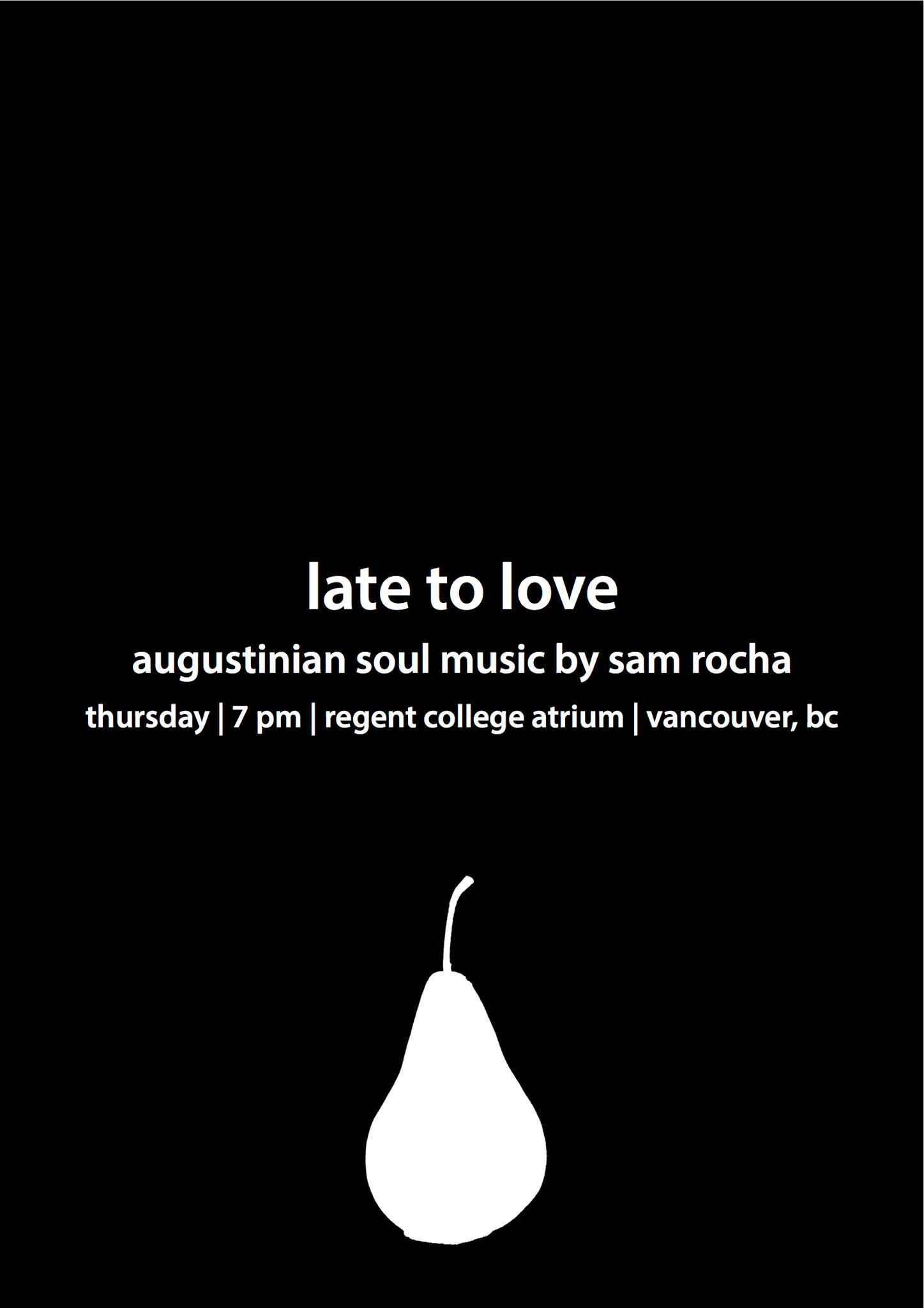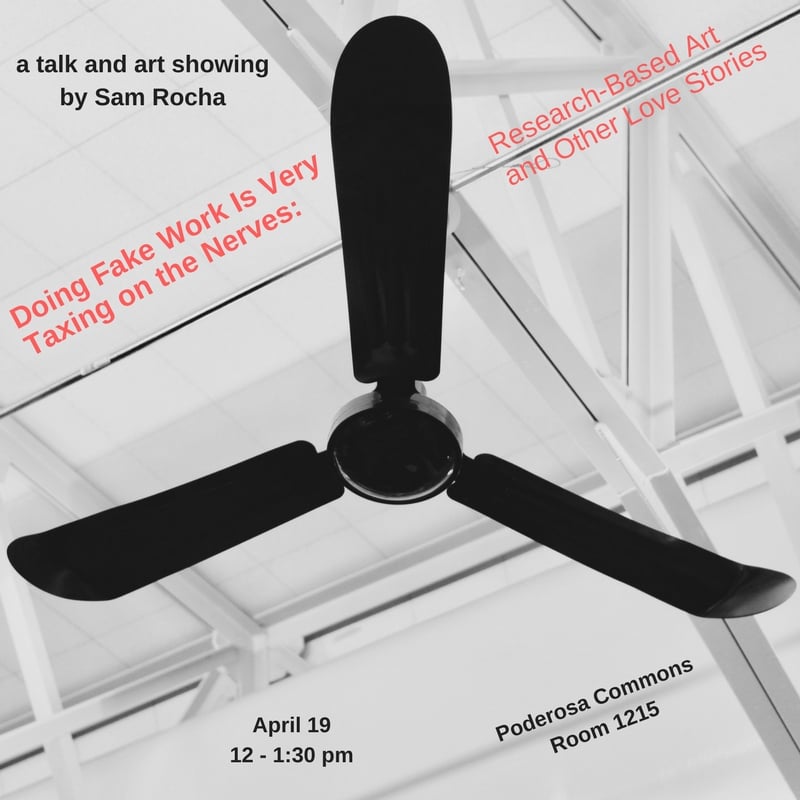
A great deal of ink has been spilled lately about the need to appreciate what Pope Francis recently referred to in Evangelii Gaudium as the via pulchritudinis, the way of beauty.
The term ‘aesthetics’ is in vogue, so it seems, and it appears to be having some positive effects, in small but serious ways, on contemporary religious artists—they are out there, and perhaps always have been, but are getting more attention and reception.
Nonetheless, aesthetics is not art. The former presupposes the latter; without art, there are no theories of art. The talk of aesthetics is only as real as the walk of art. A theory of art may be a work of art in a certain way of speaking, but it is not hard to see the difference between a book on aesthetics and a poem or a composition.
*
Today we celebrate the feast of St. Augustine and I am humbled to officially release a work of art in the spirit of today’s feast: Late to Love, Augustinian soul music. It can be acquired as a CD (via Wiseblood Records) or in various digital formats.
Please help me spread the word and check-in for reviews and concert dates.
*
Today is also my daughter’s first birthday. This project was very much in my mind a year ago, but it seemed crazy to imagine doing alongside everything there was to do—new baby included. I didn’t pray for a sign, but I took the timing of her birth as one.
When Evangelii Gaudium was promulgated in November, I took these words from Francis personally, almost as a direct command:
If, as Saint Augustine says, we love only that which is beautiful, the incarnate Son, as the revelation of infinite beauty, is supremely lovable and draws us to himself with bonds of love. So a formation in the via pulchritudinis ought to be part of our effort to pass on the faith. Each particular Church should encourage the use of the arts in evangelization, building on the treasures of the past but also drawing upon the wide variety of contemporary expressions so as to transmit the faith in a new “language of parables.”
It was settled: Late to Love had to be made. But it would not be have been remotely possible without the love and support of so many of you. Even as I ask for you to share and spread the word about this music (and please do share it with promiscuity), I cannot express how grateful I am to so many of you here at Patheos, both colleagues and readers.
*
I also ask for your prayers.
St. Augustine of Hippo, pray for us.











